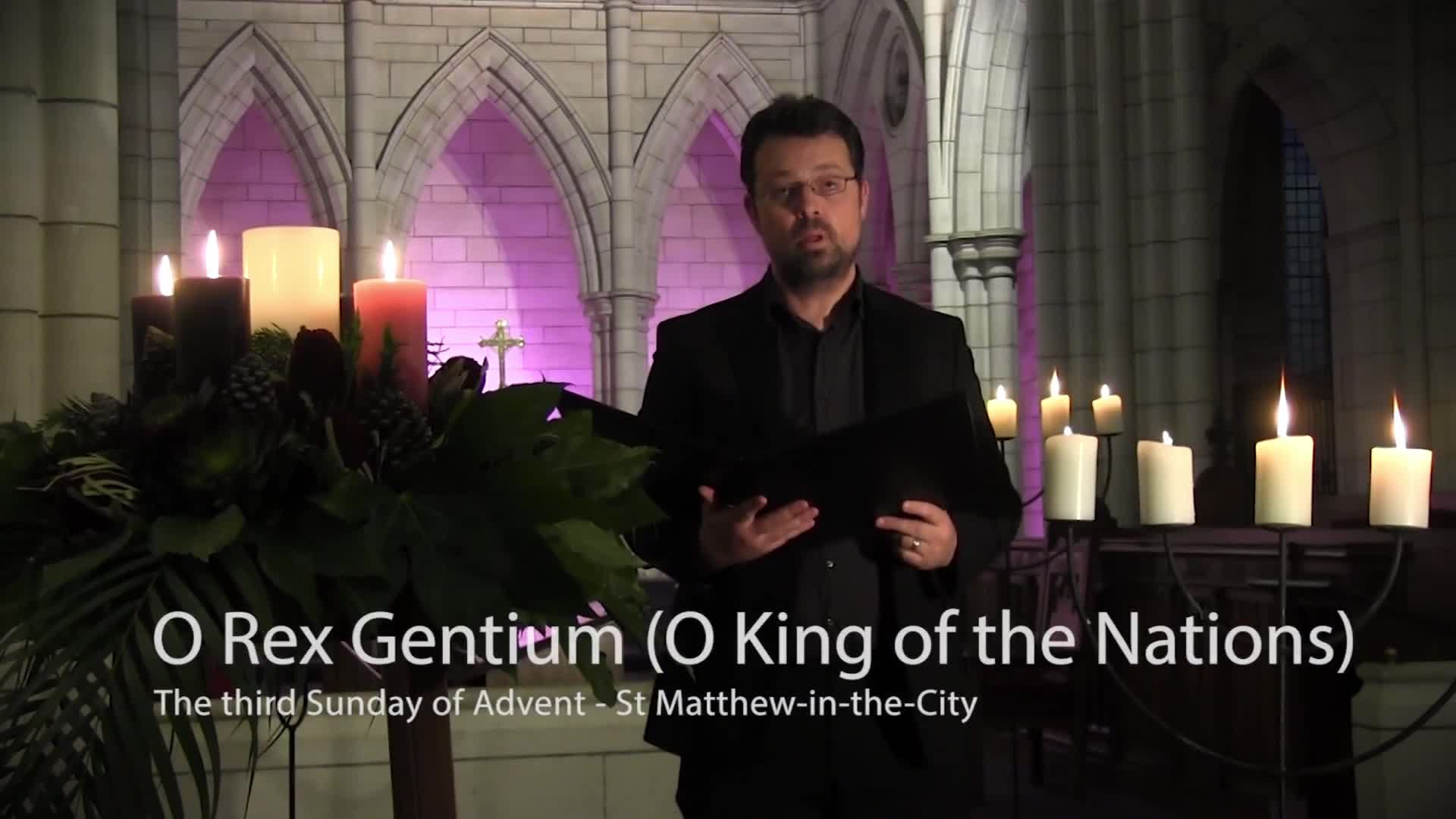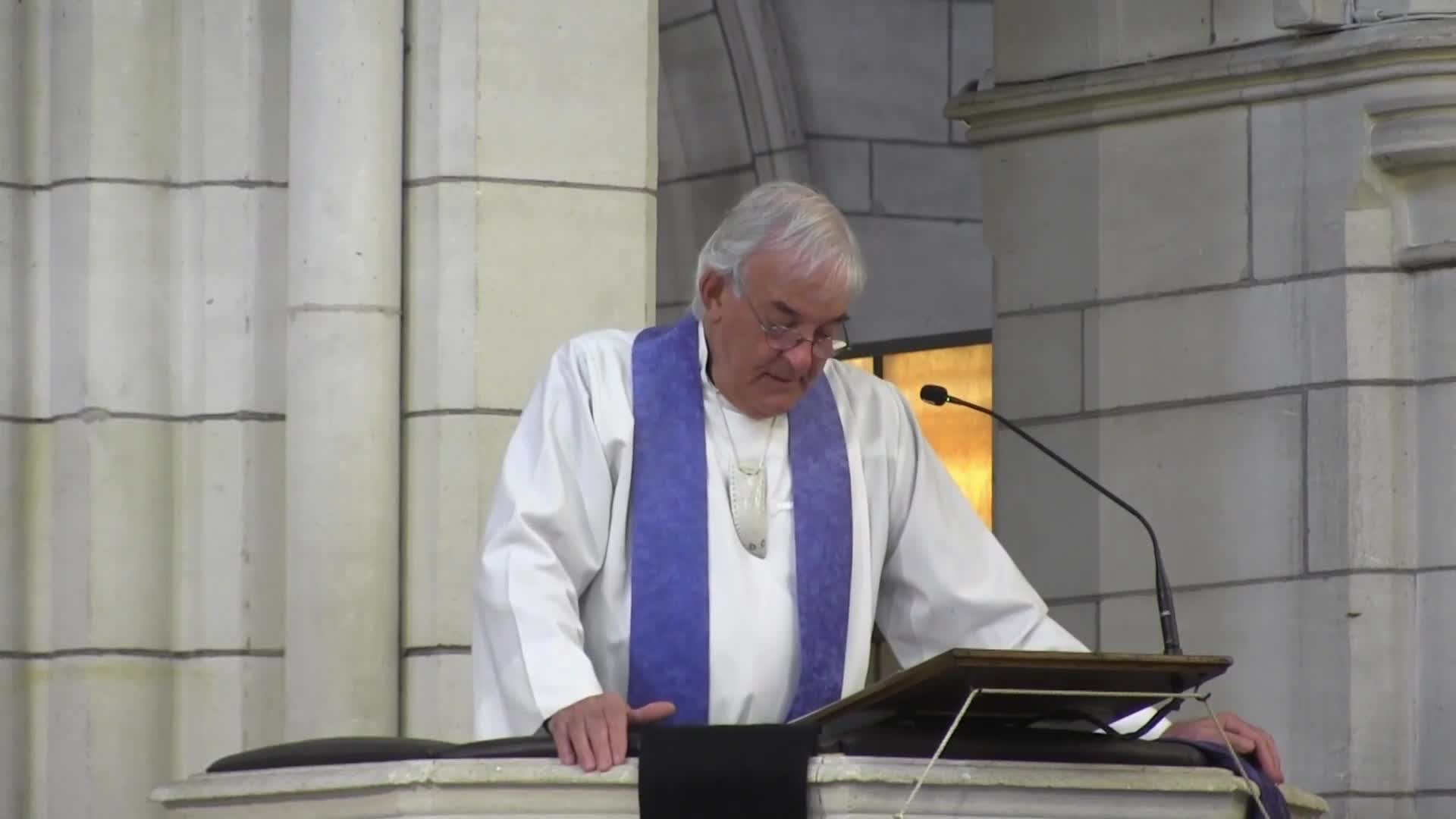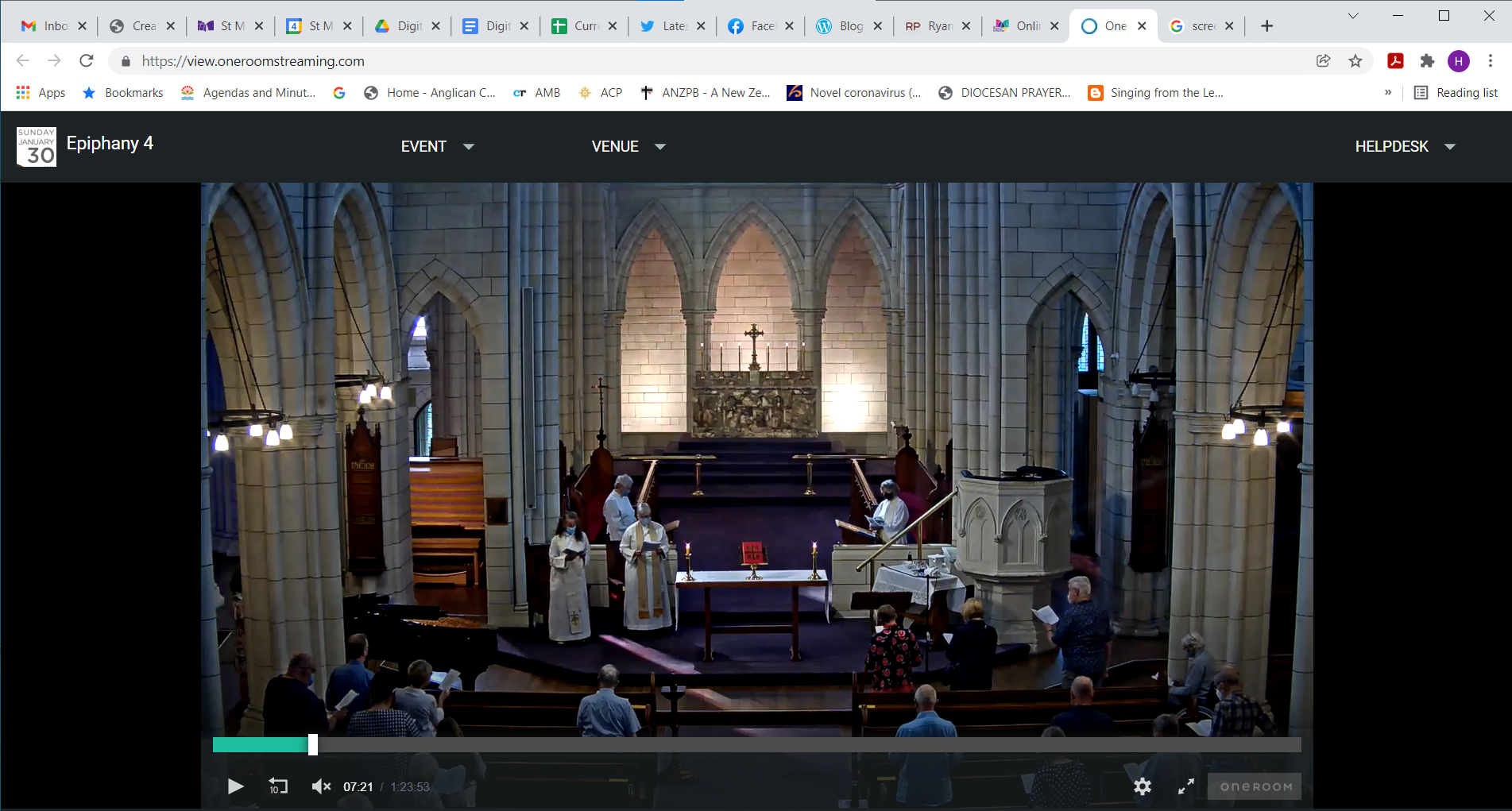
Home
Learning
Judas and Pilate are included
Cate Thorn reflects on the roles of Pilate and Judas in the Good Friday story


Climate Crisis Statement

Matariki

Hybrid worship

Care of Creation confession

Good News

What is religious freedom

Media interviews

Living the Story
